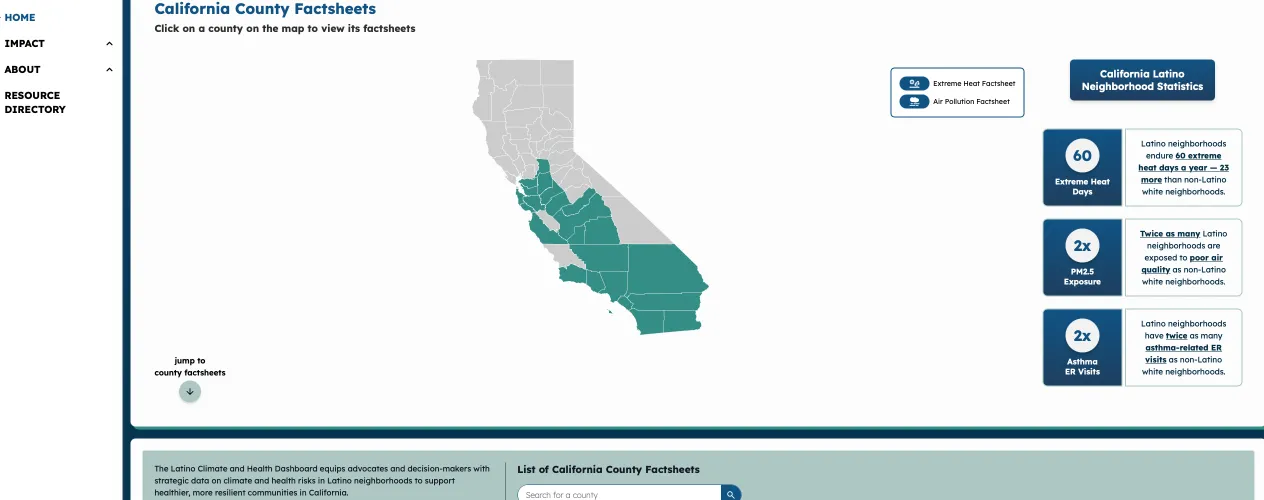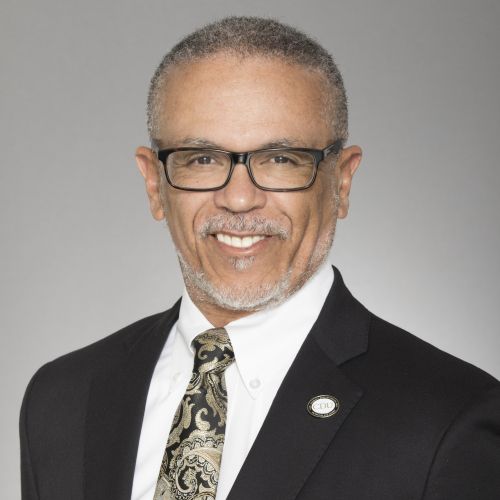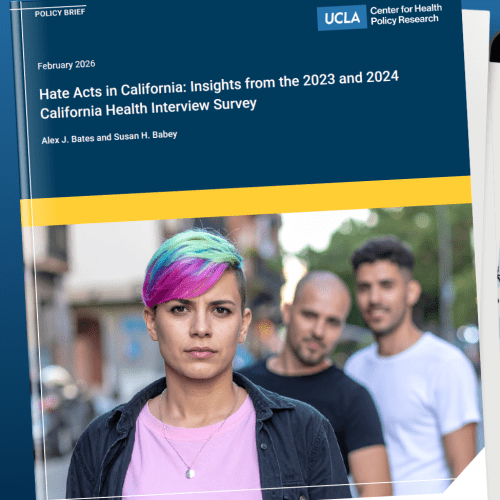Latino Climate and Health Dashboard illustrates air pollution’s impact on community health
Project co-led by UCLA Fielding School's Dr. Arturo Vargas Bustamante turns data into community-driven action plans.

Latino neighborhoods in California are twice as likely to experience poor air quality — and twice as many asthma-related emergency room visits — compared with non-Latino white neighborhoods. These stark disparities are not new, but researchers at the Latino Policy and Politics Institute and community advocates are working to make sure they are no longer ignored.
On July 16, over 30 community leaders and advocates gathered at the Audubon Center at Debs Park in Los Angeles for a policy roundtable to address persistent air pollution in California’s Latino neighborhoods.
The event was part of LPPI’s Policy Plática (policy discussion) series. It featured the launch of the Latino Climate and Health Dashboard, a digital resource that provides county-specific fact sheets illustrating how Latino neighborhoods in the state face heightened health and environmental risks. Participants used the dashboard’s fact sheets to ground breakout discussions on how data can advance community-led advocacy and policy solutions.
“We’ve come together at this Policy Plática because the stakes are real,” said Dr. Arturo Vargas Bustamante, professor in the UCLA Fielding School's Department of Health Policy and Management and LPPI faculty research director. “Air pollution continues to threaten the health and well-being of Latino communities across California, and this conversation is about creating space to listen, learn and act. Our goal is not only to present and provide you with data, but to make sure it leads to solutions grounded in community priorities.”
The goal of the event was to surface community priorities for tackling air quality issues and use those insights to shape a policy toolkit aimed at supporting future legislation and research. Attendees included representatives from environmental justice organizations, public health agencies and grassroots coalitions across the state.
Belem Lamas, policy director at LPPI, noted that designing the dashboard and policy platica was a collaborative process. “We built this dashboard and this convening with community impact at the center,” she said. “It’s about translating academic research into something people can actually use — whether you’re applying for a grant, planning a campaign or meeting with policymakers.”
Attendees participated in breakout sessions focused on community air pollution monitoring and data equity, how transportation systems and local infrastructure, including cleanup facilities and waste management, contribute to air pollution, and how this impacts community health. Their recommendations will be developed into a policy toolkit that LPPI plans to release later this year.
The event also highlighted the need for tools like the dashboard to make data visible and actionable, particularly as the Trump administration reduces public access to federal climate data.
“Developing the dashboard is the first step,” Bustamante added. “The real goal is to make sure this data turns into action that improves the lives of Latinos across California.”

